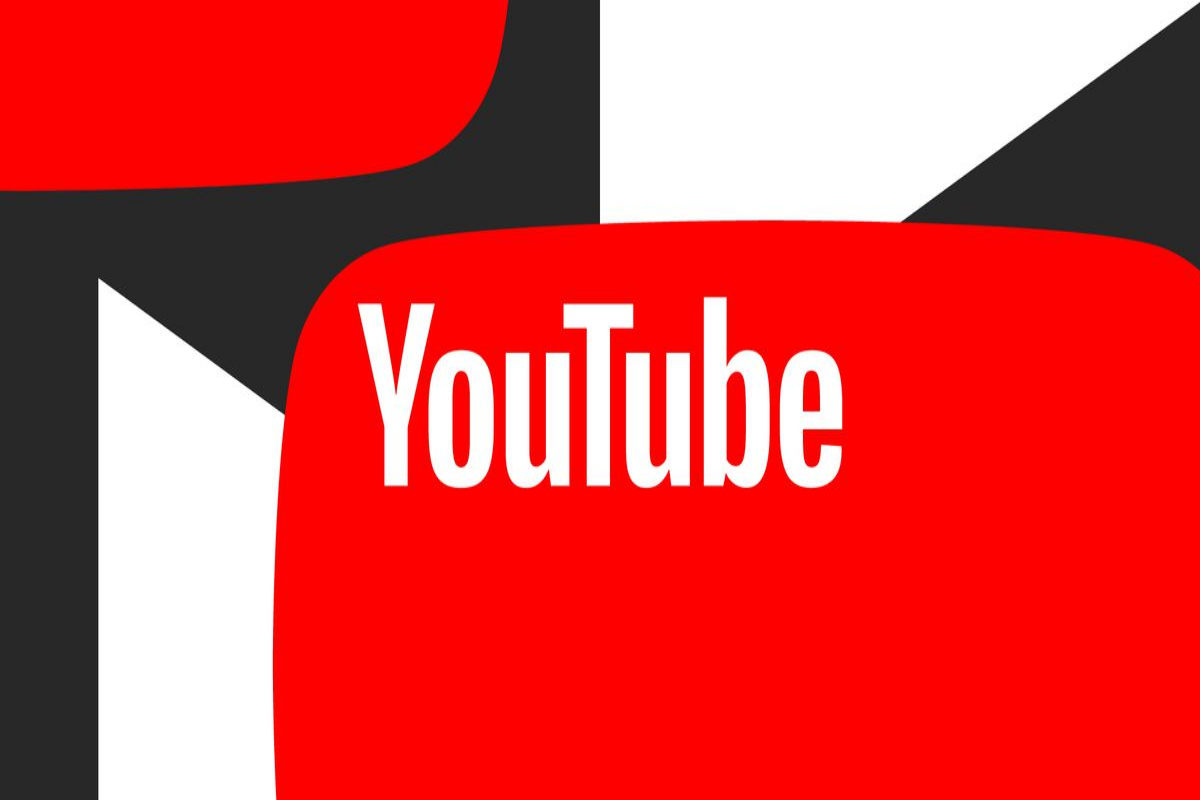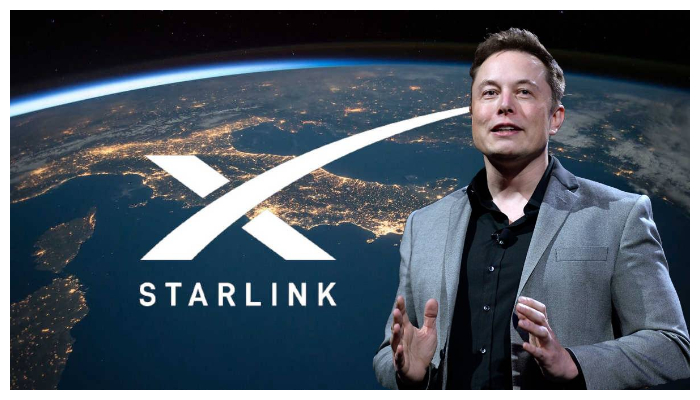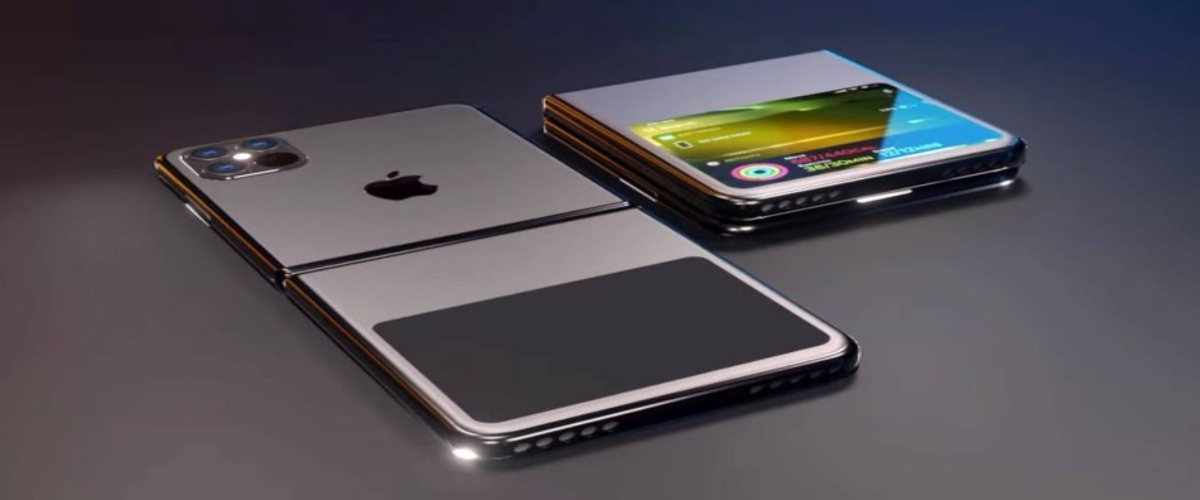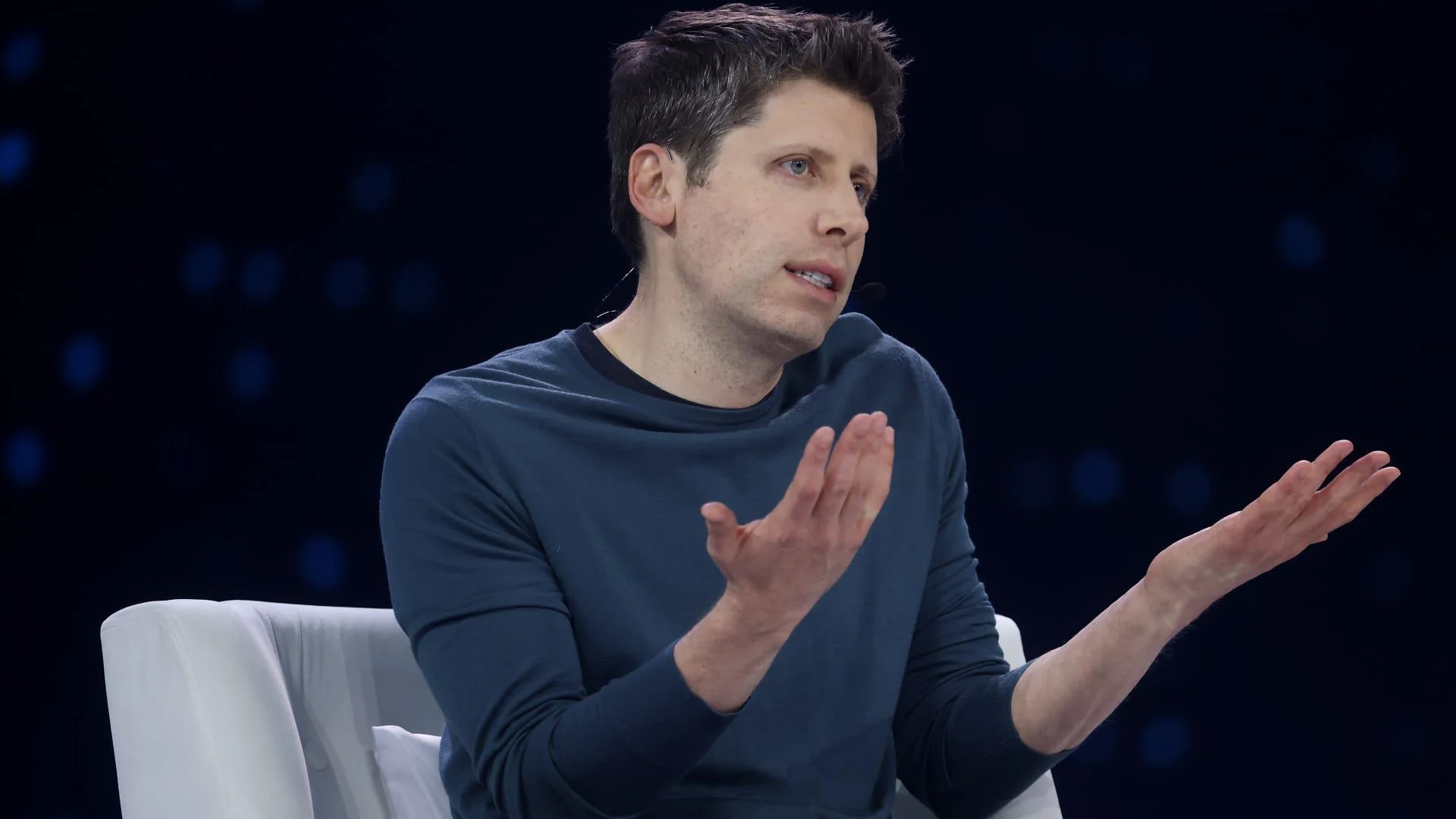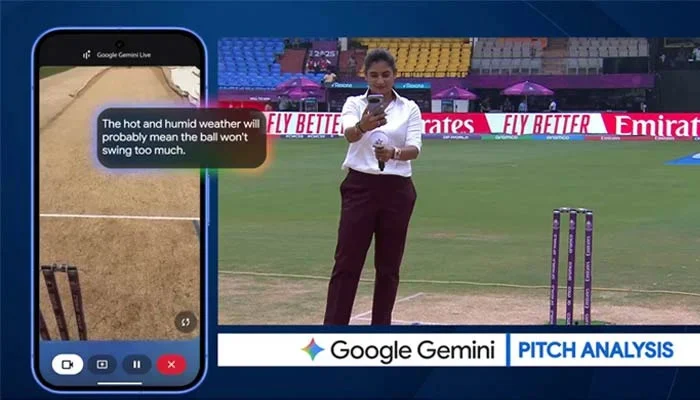- YouTube unveils Creator Music, which allows YouTubers to use well-known songs in videos without risking demonetization.
- Only US has the new program in beta; other countries will get it in 2023.
- YouTube also replaced its creator fund with a means for producers to earn money through Shorts.
The dispute between YouTube content creators and Google’s video-sharing network over copyright allegations dates back a long time.
These allegations happen when a YouTube video uses licensed music, which prompts a copyright strike from the music’s owner.
YouTubers frequently lose money after countless hours of laborious effort because copyright claims are frequently made against their videos, even if only a small fraction contains licensed content.
However, since it will now allow content creators to monetize using licensed music, YouTube will no longer be the villain in the music industry.
The company unveiled a platform called Creator Music earlier this week, allowing YouTubers to use a library of well-known songs in their videos without risking demonetization.
There are two main alternatives available to YouTubers. Either they can use the licensed music directly and keep all the money they make, or they can split 27.5% of the profits with the artists.
More than 50 labels, publishers, and distributors have joined up with YouTube to provide “several hundred thousand” songs to Creator Music.
Only US has the new program in beta; other countries will get it in 2023.
The industry leader in video sharing has been attempting to improve how YouTubers monetize their channels.
The creator fund that YouTube had announced in August was replaced last week with a means for producers to earn money through Shorts.
Instead of lengthy form films, YouTube is launching an ad revenue sharing arrangement that will let Shorts artists keep 45% of the earnings while YouTube gets the rest.
Although competing with TikTok may have been YouTube’s primary goal, it appears that the platform’s producers will really gain a lot from the increased competition.
[embedpost slug=”research-finds-that-youtubes-dislike-and-not-interested-buttons-dont-function/”]

